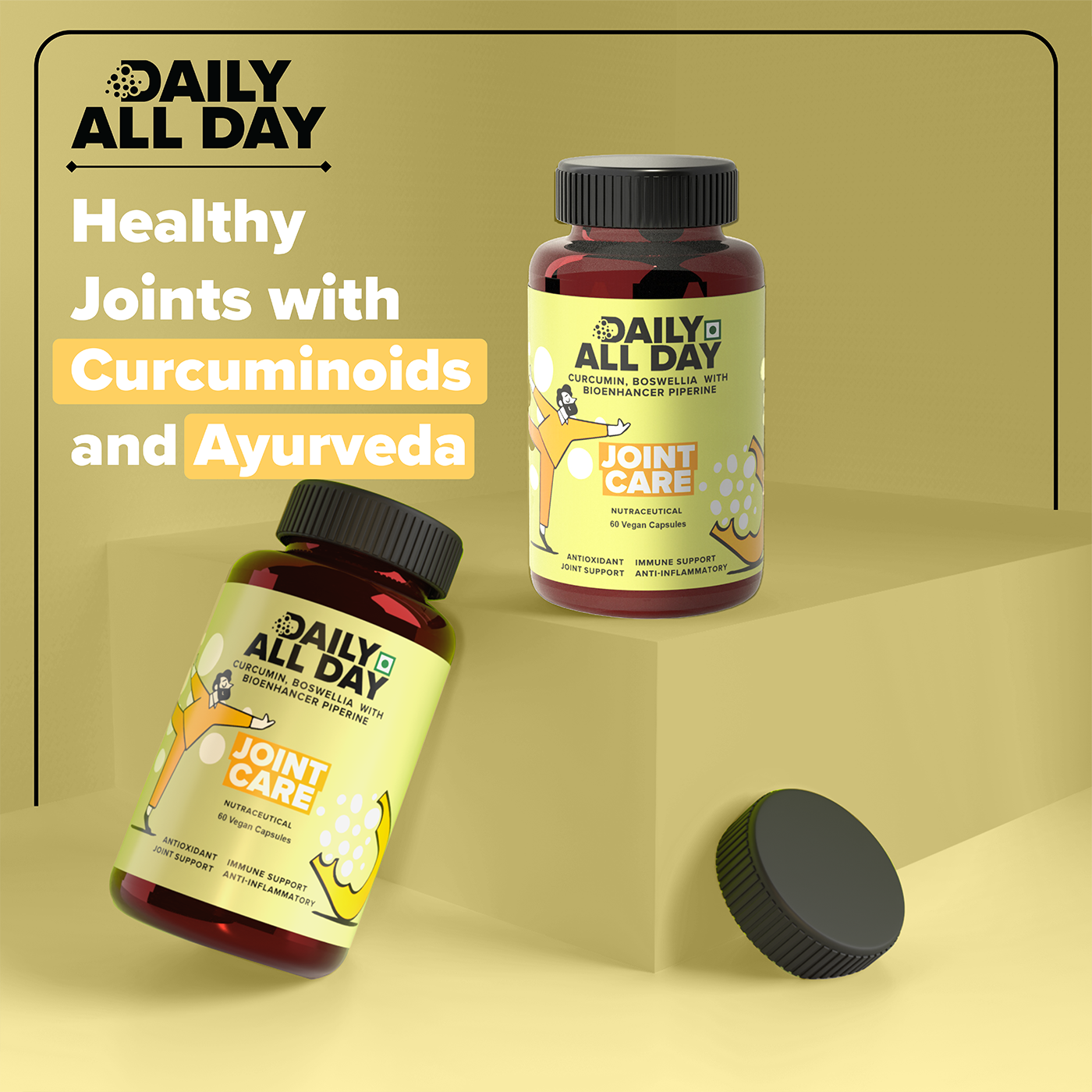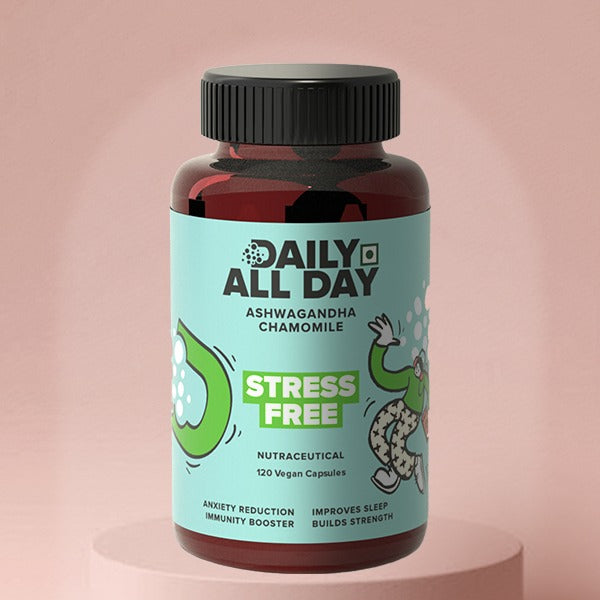Are you struggling to find vegan sources of omega fatty acids? The conversation around omega fatty acids has gained significant attention, especially in the vegan lifestyle. While traditional sources often highlight fish oil and marine foods, it's essential to recognize that a plant-based diet can provide ample omega-3, omega-6, and omega-9 fatty acids without compromising health. Let’s delve into the benefits of these nutrients.
What are the Omega Fatty Acids
Omega fatty acids are crucial for overall health. They are categorized into three main types
- Omega-3: These are fatty acids that are known for its anti-inflammatory properties, help support normal triglycerides levels, brain and eye health, heart health, and reduce inflammation in the body.
- Omega-6: It is a type of fat that is found in certain foods and supplements. These acids occur naturally in some plant foods, such as nuts and vegetables and belong to a group of unsaturated fats called polyunsaturated fatty acids. Some vegetables are extremely rich in these fats.
- Omega-9: It belongs to a group called monounsaturated fats. Oleic acid is the main representative of omega-9. These acids are involved in reducing bad cholesterol in the blood and increasing good cholesterol, thus preventing the risks of hypertension and cardiovascular diseases. They are non-essential fatty acids that can be produced by the body.
Sources of Omega Fatty Acids
Incorporating a variety of foods in your diet which are rich in omega fatty acids is not only feasible but also mouth-watering. Here are some top plant-based sources:

- Seeds
- Flax seeds: Flax seeds are small oil seeds that contain omega-3 fats, fiber, and other plant compounds; it is also one of the richest sources of alpha-linolenic acid (ALA). Including flax seeds in your diet is an easy way to get the benefits it provides.
- Chia Seeds: Chia seeds are a powerhouse of omega-3 fatty acids, fiber and protein. ALA can’t be produced in the body on its own, so it must be consumed through food. Intake of ALA has been linked to a decreased heart disease risk.
- Nuts
- Walnuts: These are an excellent source of healthful fats, including ALA omega-3 fatty acids. People can enjoy walnuts on their own, in snack bars or cooked dishes.
- Almonds: While primarily and usually known for their vitamin E content, almonds also provide a healthy and required dose of omega-6 fatty acids. They can be enjoyed raw or roasted.
- Hazelnuts: Hazelnuts contain decent amounts of vitamin B6, potassium and zinc, etc. Additionally, they are a rich source of mono and polyunsaturated fats and provide a good amount of omega-6 and omega-9 fatty acids, such as oleic acid.
- Fruits
While fruits aren’t usually much high in omega acids as nuts and seeds, there are still some that can contribute to your intake:
- Avocado: This fruit is packed with healthy monounsaturated fats which includes omega-3 fatty acids. It contributes to heart health and can be eaten in many ways.
- Olive: Olive is known for its rich flavor, and is a great source of omega-9 fatty acids which supports heart health.
- Berries: They aren’t high in omega acids, but contain small amounts of omega-3 which are rich in antioxidants; fights inflammation and supports overall health.
The Benefits of Omega Fatty Acids
Adapting to a vegan lifestyle offers myriad health benefits, and ensuring adequate omega fatty acid intake can enhance these effects:
- Heart Health: Omega-3 fatty acids are known to reduce the risk of heart disease. A diet rich in flaxseeds, chia seeds, and walnuts can help maintain healthy cholesterol levels and improve overall cardiovascular health.
- Brain Function: Omega-3s are essential for brain health and development. A diet that includes sources of ALA can support cognitive function and potentially reduce the risk of age-related cognitive decline.
- Anti-Inflammatory Properties: The anti-inflammatory effects of omega-3 fatty acids can help mitigate symptoms of conditions like arthritis and other inflammatory disorders, as many chronic conditions are linked to inflammation.
- Skin Health: Omega-6 fatty acids play a role in maintaining skin barrier function. A balanced intake of omega-3 and omega-6 can lead to healthier, more radiant skin.
- Nutritional Diversity: A vegan diet encourages the consumption of a wide variety of foods, which can help ensure you receive a variety of nutrients, including essential fatty acids.
Conclusion
While fish oil and seafood have long been traditionally considered main sources of omega fatty acids, a vegan diet provides ample opportunities to obtain these essential nutrients through plant-based foods. By incorporating a variety of seeds, nuts, and other vegan-friendly sources, you can enjoy the benefits of omega fatty acids.
Frequently Asked Questions (FAQs)
- What are omega fatty acids?
Omega fatty acids are crucial for overall health and essential fats that the body needs for various functions such as brain health, inflammation regulation, and heart health. They are categorized into omega-3, omega-6, and omega-9 fatty acids.
- Why is it important to balance omega-3 and omega-6 intake?
A proper balance helps reduce inflammation and supports overall health. Many diets are high in omega-6 and low in omega-3, which can contribute to health issues.
- What is the best way to include omega fatty acids in my diet?
Incorporate a variety of omega-rich foods like seeds, nuts, avocados, and oils into your meals. Consider using flaxseed or chia seeds in smoothies, oatmeal, or baked goods.
READ MORE- HOW DOES ACUTE PAIN TURN INTO CHRONIC?



















